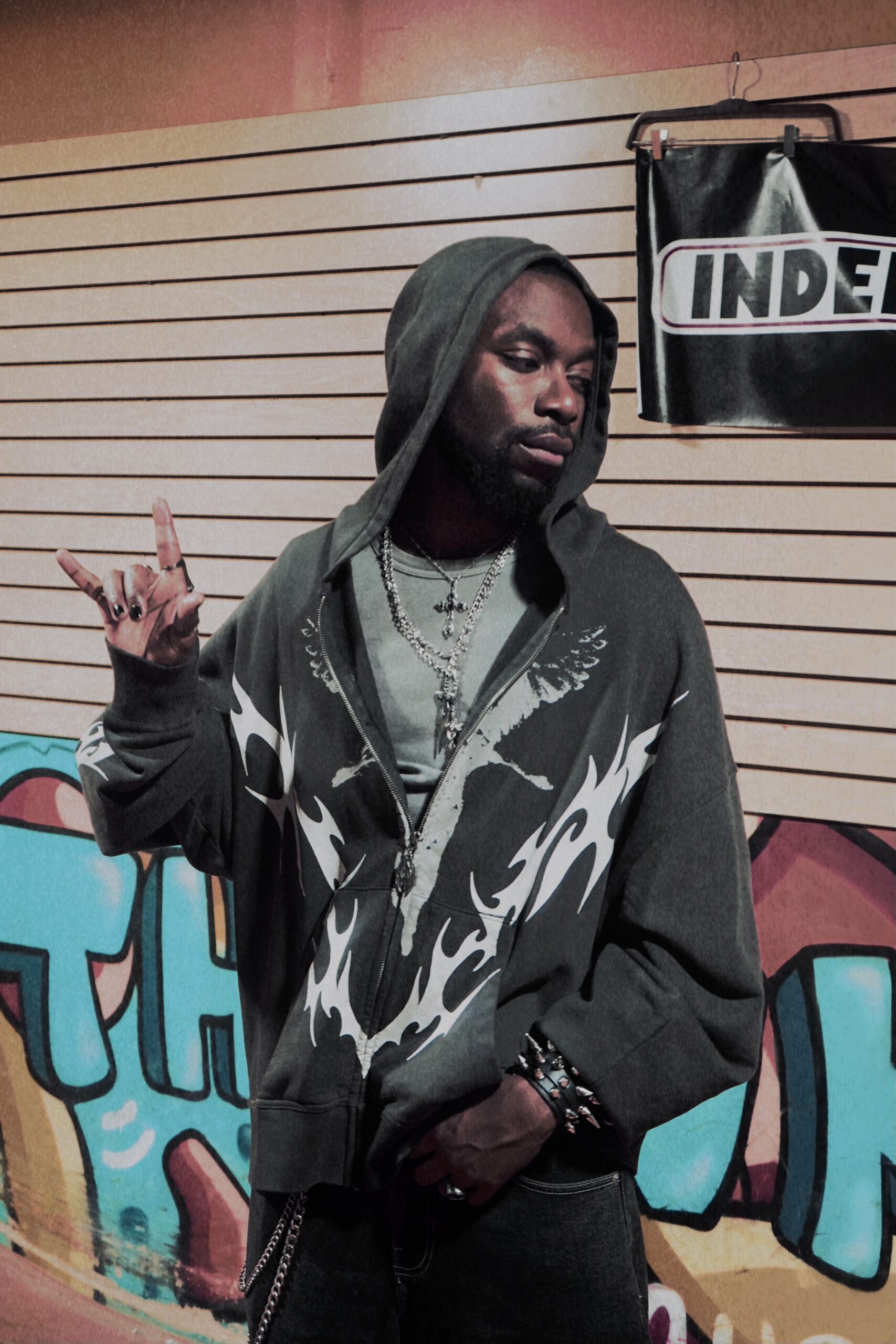Bomi Anifowose
.
There is a kind of guilt that creeps in when you find yourself scrolling through concert clips while reading about mass graves. It is the guilt of continuing with curated joy in a country that has become too familiar with grief. One moment you are watching a skit about heartbreak, the next you are staring at the lifeless bodies of children who had no business dying the way they did. This is not just a contradiction. It is a crisis of emotional literacy in the digital age.
In the middle of June, close to two hundred people were killed in coordinated attacks across Benue State. Entire villages in Guma and Gwer West were reduced to ash. Yelwata, a once-bustling community, became the latest headline in a long line of forgotten massacres. Gunmen stormed homes, set fire to farmland, and slaughtered families in their sleep. Rice fields were torched. Entire generations lost in a single night.
The survivors—mostly women and children—have been left to pick through rubble. Some are still searching for missing relatives. Others are grieving silently in crowded IDP camps, where the noise of overcrowding attempts to mask the silence of absence.
This is not an isolated event. Benue has long sat at the intersection of ethnic tension, land conflict, and state neglect. What is shocking is not that it happened. What is shocking is how little space it occupies in the national conscience.
The entertainment industry has continued undisturbed. No tribute performances. No open letters from major record labels. No fundraisers. No televised moments of silence. Just vibes.
This silence is not necessarily borne out of cruelty. It is the result of an environment where tragedy has become too routine to disrupt the program. Nigeria does not mourn well. It moves. It dances. It reschedules.
And fans, many of them young, are left with the burden of figuring out how to process it all.
What does mourning look like when your entertainment is algorithmically set to cheer you up? When your favorite artist is posting tour pictures while your community is burying its dead? How do you hold space for grief in an attention economy that rewards distraction?
There are no manuals for this kind of mourning. There are only questions.
Do you pause the music when you hear about yet another massacre in the Middle Belt? Do you unfollow the influencer who is posting bikini pictures while corpses are being counted in Tyolaha? Do you share the story even if it will not get likes? Do you write poems on your Notes app or say a quick prayer and move on?
We are fans living in a fractured country. A country where to care too loudly is to risk being dismissed as performative. But to stay quiet is to become complicit in the apathy that numbs us all.
This is not a call for performative grief. It is not an indictment of those who choose to dance while the country burns. It is a meditation on what it means to live in a culture that rarely allows you to stop and feel.
There was a time when artists sang about bloodshed. When music was a tool of resistance. When mourning was communal and loud and necessary. These days, even the most conscious of artists are more likely to issue a tweet than a tribute. And even that tweet is sometimes an afterthought sandwiched between promo content and giveaway threads.
But the problem is not just with the artists. It is with us. With the system. With the tempo of modern life. With the way grief is swallowed by algorithms and reduced to headlines we forget in two days.
Maybe the question is not how to mourn as a fan.
Maybe the real question is why mourning feels incompatible with the version of fandom we have inherited.
Why must joy be so insistent, so relentless, even when the blood has not yet dried?
Perhaps the future of pop culture in Nigeria will demand a more honest relationship with grief. Not the kind that weaponizes sadness for clout. But the kind that pauses the music long enough to acknowledge the people whose lives have been erased without consequence.
Perhaps fans will begin to demand this kind of responsibility.
Perhaps artists will begin to feel the weight of what it means to entertain a nation that is bleeding.
Perhaps mourning will no longer feel like a betrayal of the joy we hold so dear.
Until then, we mourn in fragments. In the space between a headline and a hook. In the silence between songs. In the quiet knowledge that even though the party must go on, some of us are still burying our own.




